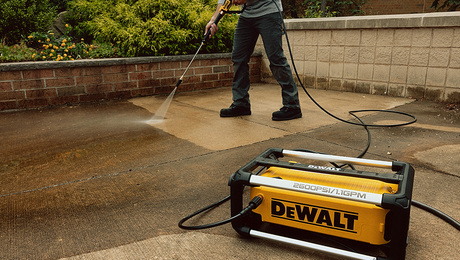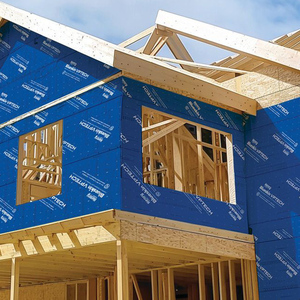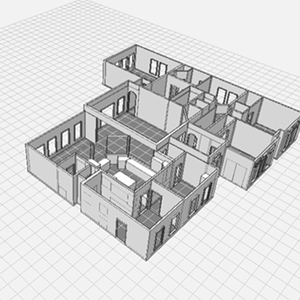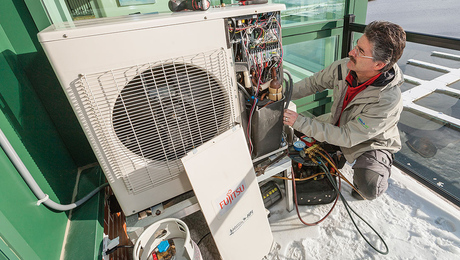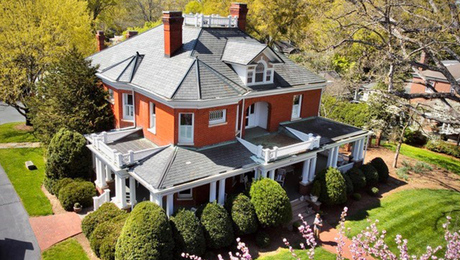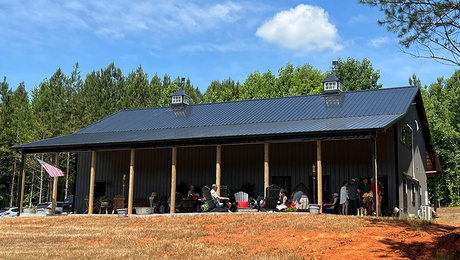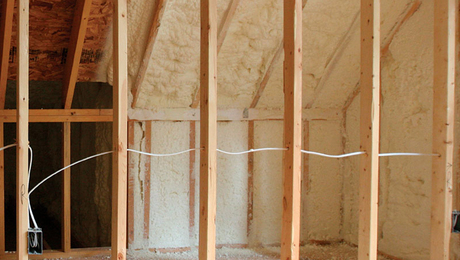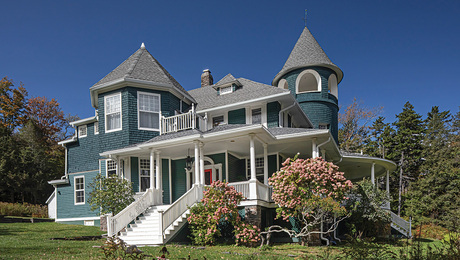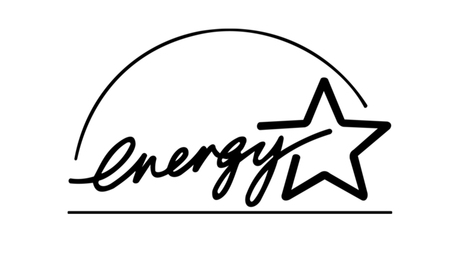A New Trend in Home-Improvement Stores
Reuse centers offer recycled building materials at far below original price
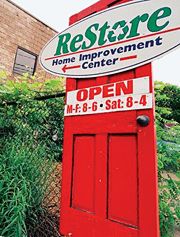
Whether you are trying to build on a budget, are looking for a vintage bathtub, or have leftover shingles you don’t know what to do with, there’s a new trend in home-improvement stores you should know about. Reuse centers are the thrift stores of the home-improvement industry, taking donated, used, and surplus building materials and reselling them for up to 80% less than the original price.
Reuse stores are becoming popular nationwide. Some are private business, some nonprofit organizations; but their missions are the same: to keep usable building materials out of landfills and to provide a low-cost alternative to conventional hardware stores and home-improvement centers.
The ReStore Home Improvement Center (www.restoreonline.org) in Springfield, Massachusetts, is an offshoot of the Center for Ecological Technology (CET). Although the primary goal of the store is to promote the reuse of building materials, proceeds are donated to the CET to support the mission of teaching businesses, schools, and other organizations how to become more environmentally and economically sustainable .
“Business is great,” said Holly Milton-Benoit, manager of The ReStore Home Improvement Center. “As the remodeling market grows, there are more and more perfectly good used building materials available. It is rewarding to know we are helping the environment, the community, and supporting a cause.”
Habitat for Humanity has opened a nationwide chain of reuse stores (http://www.habitat.org/env/restore.html). The proceeds from these stores fund local Habitat affiliates’ efforts to build houses in surrounding communities.
An added benefit of nonprofit reuse stores is that donations are tax deductible. For contractors who would otherwise have to pay to dispose of waste, donating to reuse stores can provide big savings.
Some stores, like Boston’s Building Materials Resource Center (BMRC), focus on making materials available to lower-income households. The BMRC (www.bostonbmrc.org) prices items according to the consumer’s income and holds weekend educational workshops on home-improvement and maintenance topics. The center also provides technical assistance at the homes of low- and moderate-income families for as low as $15 per hour.
Other stores share the mission of keeping usable building material out of the waste stream but operate for profit. Second Use, a reuse store in Seattle, opened in 1994 and recovers up to 100 tons of usable building supplies every month. Second Use (www.seconduse.com) is so busy that they have to be picky about what they accept. And because they are willing to pay for some salvaged goods, Second Use boasts an inventory not only of inexpensive and functional materials, but also of vintage and one-of-a-kind architectural items.
“Our customers range from people who rent apartments and need to replace a sink that they can’t get their landlord to fix to people who live in million-dollar estates and are looking for some unique or interesting architectural detail,” said Michael Armstrong of Second Use. “No matter who it is, they’re saving a lot of money shopping here.”
Brian Pontolilo is assistant editor at Fine Homebuilding.
Photo: Derek Goodwin Photography
Fine Homebuilding Recommended Products
Fine Homebuilding receives a commission for items purchased through links on this site, including Amazon Associates and other affiliate advertising programs.
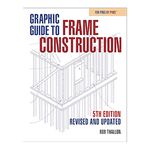
Graphic Guide to Frame Construction
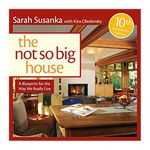
Not So Big House

Musings of an Energy Nerd: Toward an Energy-Efficient Home
